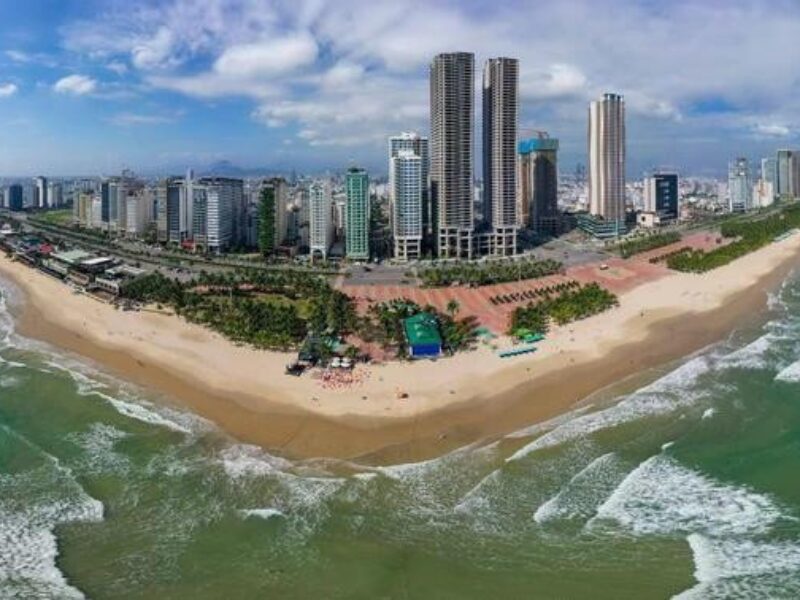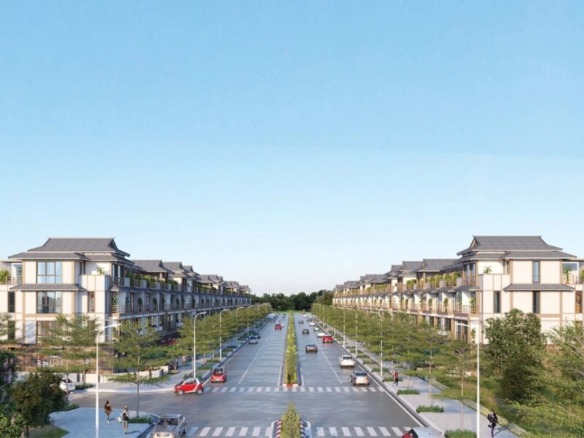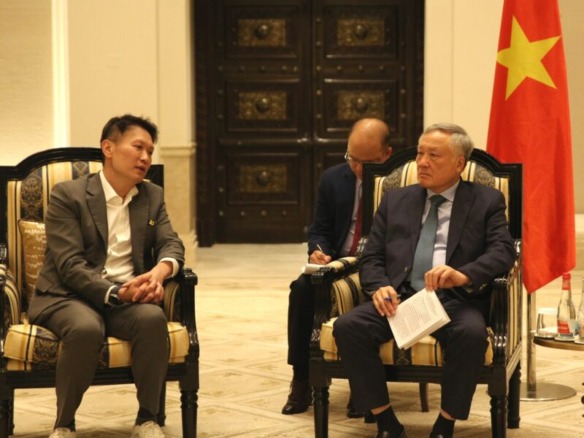Contents
Introduction to the Da Nang Financial Center Initiative
Da Nang is positioning itself as a pioneer in Vietnam’s economic landscape by integrating its proposed Da Nang Financial Center with the Free Trade Zone. This strategic linkage, emphasized by Da Nang City Party Secretary Nguyen Van Quang, sets it apart from Ho Chi Minh City’s financial hub. The move aims to create a competitive edge, fostering innovation in finance while leveraging trade advantages. On August 28, the Da Nang People’s Committee held its inaugural meeting with the Advisory Council for Vietnam’s International Financial Center to refine the government’s draft decree.
This development comes amid Vietnam’s push for global integration. By combining financial services with free trade operations, Da Nang could attract substantial foreign investment. According to recent reports, Vietnam’s commercial real estate market is projected to grow at a CAGR of 13.80% from 2025 to 2032, highlighting opportunities in emerging hubs like Da Nang.
Key Discussions at the Advisory Council Meeting
During the meeting, Chairman Luong Nguyen Minh Triet of the Da Nang People’s Committee sought expert input to clarify the decree’s directives. The focus was on distinguishing Da Nang’s Da Nang Financial Center from Ho Chi Minh City’s, avoiding overlap and resource waste. Discussions centered on the legal status of the governing body, proposing an independent entity with enterprise-like operations and special state management powers.
Experts debated organizational structures, leadership authority, and compensation mechanisms. For instance, the draft suggests establishing administrative and supervisory agencies as public service units under the city committee, ensuring professionalism, transparency, and autonomy in internal regulations, investment attraction, and infrastructure development.
Expert Insights on Development Directions
Dr. Can Van Luc, a member of the Government’s Policy Advisory Council, urged clarity on enhancing the Da Nang Financial Center’s regional competitiveness. He recommended drawing lessons from international models and focusing on breakthrough areas like full digital banking, digital assets, and green finance. These sectors align with global trends, potentially positioning Da Nang as a leader in sustainable finance.
Meanwhile, Do Van Su, Deputy Director in charge of the Foreign Investment Department at the Ministry of Finance, noted that the ministry is drafting decrees for both cities’ centers. He stressed the need for bold leadership, expressing expectations that Da Nang will implement the most ambitious, robust, and open policies. Such initiatives could accelerate implementation, given the heavy responsibilities on local leaders.
Emphasis on High-Quality Human Resources
Secretary Nguyen Van Quang expressed gratitude for the experts’ contributions and hoped the council would connect Da Nang with investors, financial institutions, and top talent. He highlighted that developing the Da Nang Financial Center demands exceptional human resources, particularly in management and operations.
“The success of the center hinges on people; mechanisms can be created, but talent cannot,” Quang emphasized. Consequently, the city seeks introductions to high-caliber professionals through the council. This focus on talent is crucial, as Vietnam faces a skilled labor shortage in finance, with demand projected to rise 15-20% annually in emerging sectors.
Strategic Advantages and Market Potential
Linking the Da Nang Financial Center to the Free Trade Zone offers unique advantages, such as streamlined logistics and trade finance integration. This synergy could transform Da Nang into a modern economic hub, competing with regional players like Singapore or Hong Kong. For foreign investors, it means access to tax incentives, efficient supply chains, and innovative financial products.
Market data supports this potential: In Q1 2025, Vietnam’s real estate credit surged 11%, signaling recovery and growth in investment destinations. Areas like Da Nang benefit from industrial and service expansions, with FDI inflows rising steadily. Experts predict this integration will boost topical authority in green and digital finance, drawing international capital.
- Competitive Differentiation: Unlike Ho Chi Minh City’s urban focus, Da Nang emphasizes trade-linked finance.
- Investment Opportunities: Sectors like green finance could attract eco-conscious investors.
- Infrastructure Boost: Enhanced connectivity via the Free Trade Zone supports global operations.
To explore more, review the establishment of Da Nang Free Trade Zone. For broader context, see the Vietnam property market brief and insights on Vietnam real estate market in 2025.





Join The Discussion